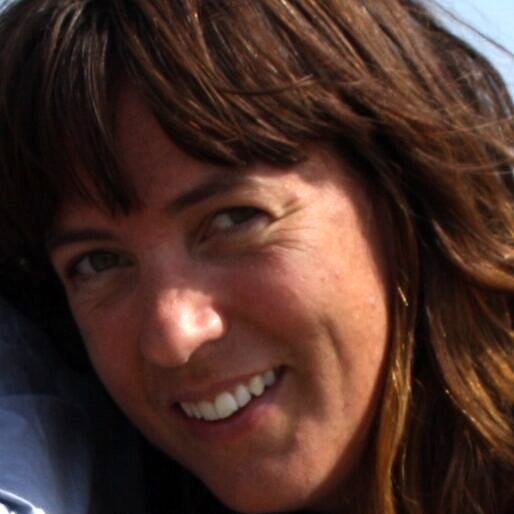Charlotte Faurie
The research programs that I develop concern the physiological and behavioral adaptations of the human species. They are located at the interface between evolutionary sciences, medicine and human sciences. The evolutionary approach, by taking into account the processes of natural selection and evolutionary trade-offs, has opened many avenues to current issues in the field of health. In particular, investigations on local adaptations and on the adaptive specificities of women promise multiple applications for the development of individualized medicine. However, a lot of work remains to be done to strengthen the bridges between physicians and evolutionary biologists, and in particular to bring the research topics closer to the concrete problems of clinicians and patients. This is why I have devoted the last few years to medical studies, which allowed me to become a doctor in 2021. My current research projects concern: genetic and behavioral mechanisms of local adaptation to risk, the effects of oxytocin administration on the mother-child relationship and child development, the influence of the menstrual cycle on inflammatory diseases, and the interest of probiotic prescription.
- Alexandra Alvergne, Charlotte Faurie. Les traits d'histoire de vie. Thomas, F.; Raymond, M. Santé, médecine et sciences de l'évolution: une introduction, De Boeck, pp.83-123, 2013. ⟨hal-04028898⟩
- Arnaud Tognetti, Claire Berticat, Michel Raymond, Charlotte Faurie. Sexual Selection of Human Cooperative Behaviour: An Experimental Study in Rural Senegal. PLoS ONE, 2012, 7 (9), pp.e44403. ⟨10.1371/journal.pone.0044403⟩. ⟨hal-04023838⟩
- Charlotte Faurie, Violaine Llaurens, Tatyana Hegay, Michel Raymond. Handedness and socioeconomic status in an urban population in Uzbekistan. Evolution and Human Behavior, 2012, 33 (1), pp.35-41. ⟨10.1016/j.evolhumbehav.2011.05.003⟩. ⟨hal-04023682⟩
- Charlotte Faurie, Violaine Llaurens, Alexandra Alvergne, Marcel Goldberg, Marie Zins, et al.. Left-handedness and Male-Male Competition: Insights from Fighting and Hormonal Data. Evolutionary Psychology: an International Journal of Evolutionary Approaches to Psychology and Behavior, 2011, 9 (3), pp.354-370. ⟨hal-04023897⟩
- Alexandra Alvergne, Markus Jokela, Charlotte Faurie, Virpi Lummaa. Personality and testosterone in men from a high-fertility population. Personality and Individual Differences, 2010, 49 (8), pp.840-844. ⟨10.1016/j.paid.2010.07.006⟩. ⟨hal-04025987⟩
- Alexandra Alvergne, Charlotte Faurie, Michel Raymond. Are parents' perceptions of offspring facial resemblance consistent with actual resemblance? Effects on parental investment. Evolution and Human Behavior, 2010, 31 (1), pp.7-15. ⟨10.1016/j.evolhumbehav.2009.09.002⟩. ⟨hal-04025938⟩
- Alexandre Courtiol, Michel Raymond, Charlotte Faurie. Birth order affects behaviour in the investment game: firstborns are less trustful and reciprocate less. Animal Behaviour, 2009, 78 (6), pp.1405-1411. ⟨10.1016/j.anbehav.2009.09.016⟩. ⟨hal-04026070⟩
- Alexandra Alvergne, Charlotte Faurie, Michel Raymond. Variation in testosterone levels and male reproductive effort: Insight from a polygynous human population. Hormones and Behavior, 2009, 56 (5), pp.491-497. ⟨10.1016/j.yhbeh.2009.07.013⟩. ⟨hal-04026042⟩
- V. Llaurens, M. Raymond, C. Faurie. Ritual fights and male reproductive success in a human population. Journal of Evolutionary Biology, 2009, 22 (9), pp.1854-1859. ⟨10.1111/j.1420-9101.2009.01793.x⟩. ⟨hal-04026828⟩
- Alexandra Alvergne, Charlotte Faurie, Michel Raymond. Father–offspring resemblance predicts paternal investment in humans. Animal Behaviour, 2009, 78 (1), pp.61-69. ⟨10.1016/j.anbehav.2009.03.019⟩. ⟨hal-04026008⟩

